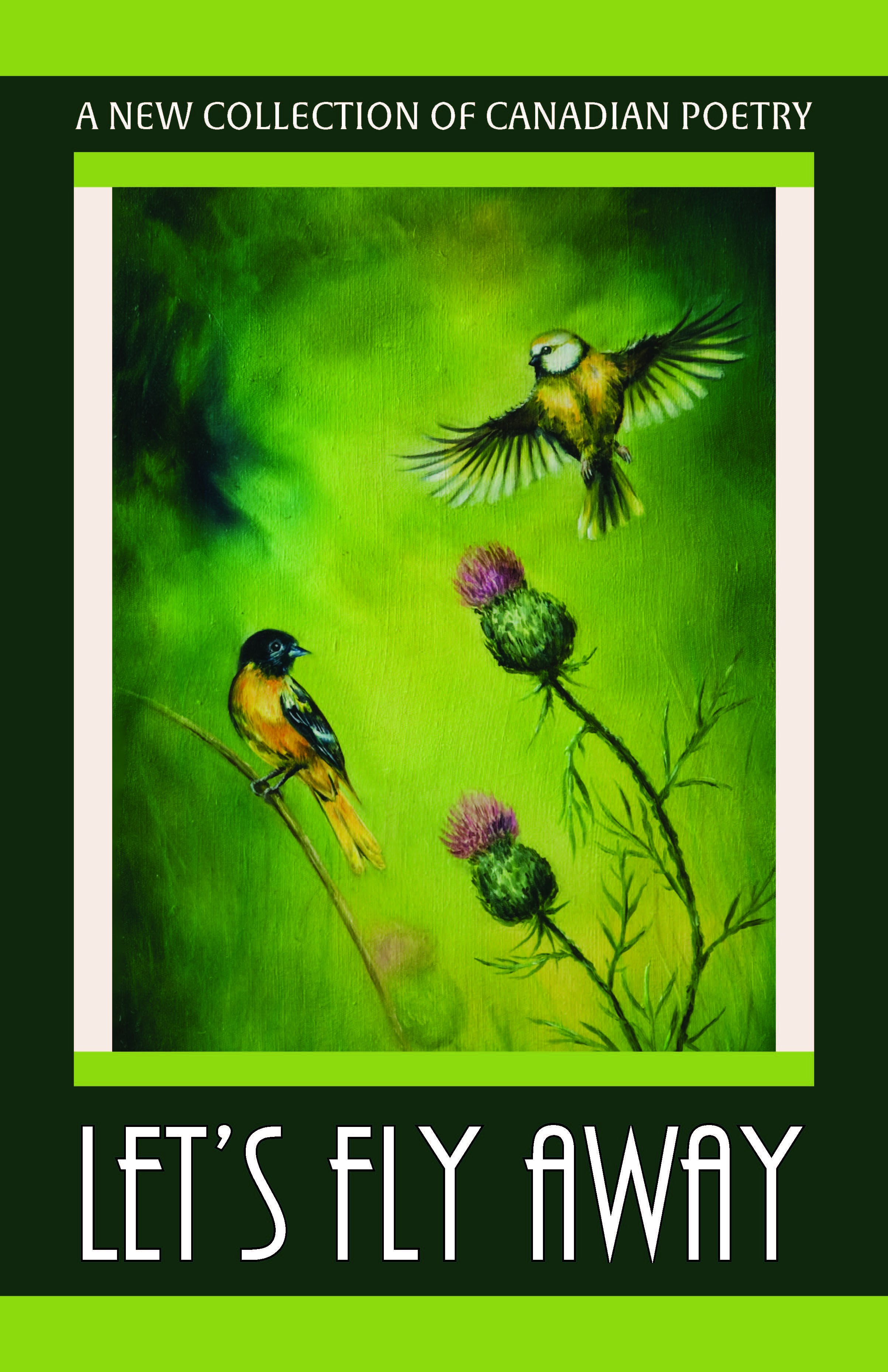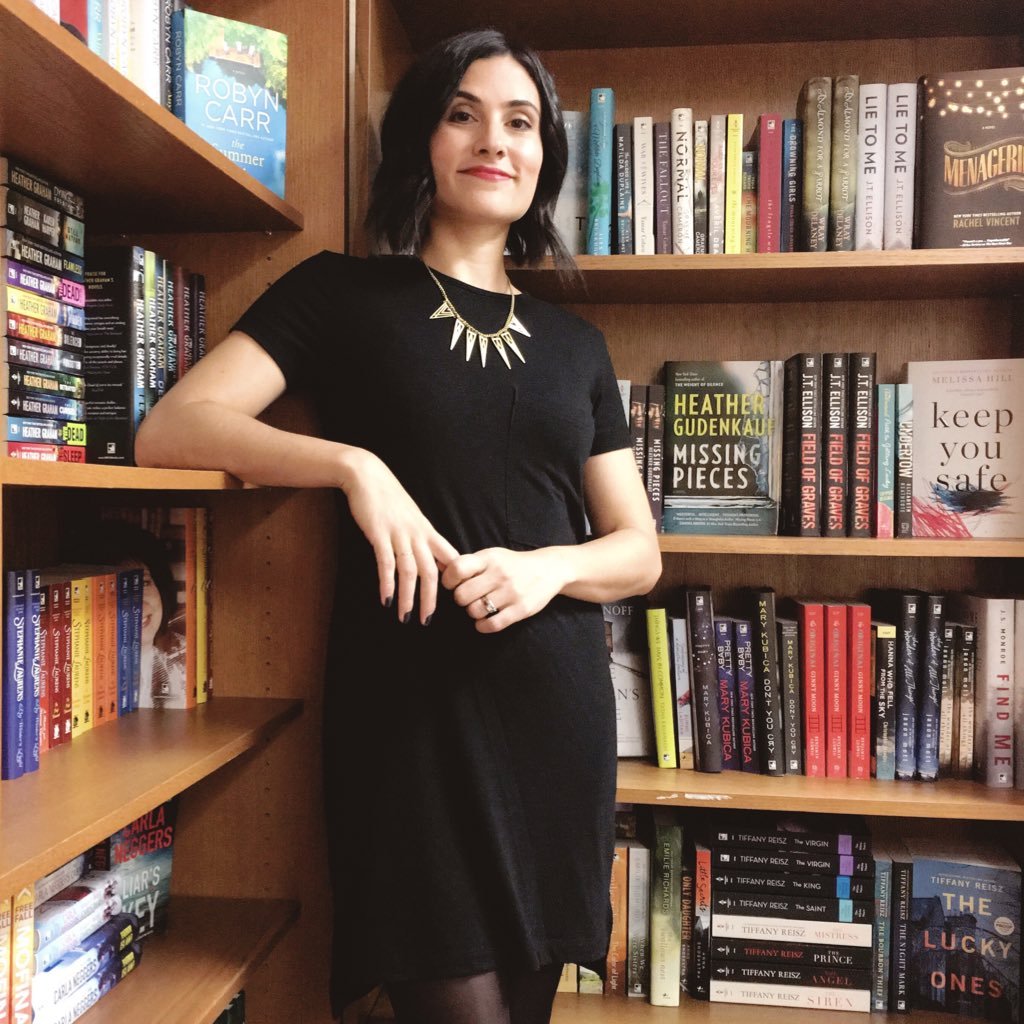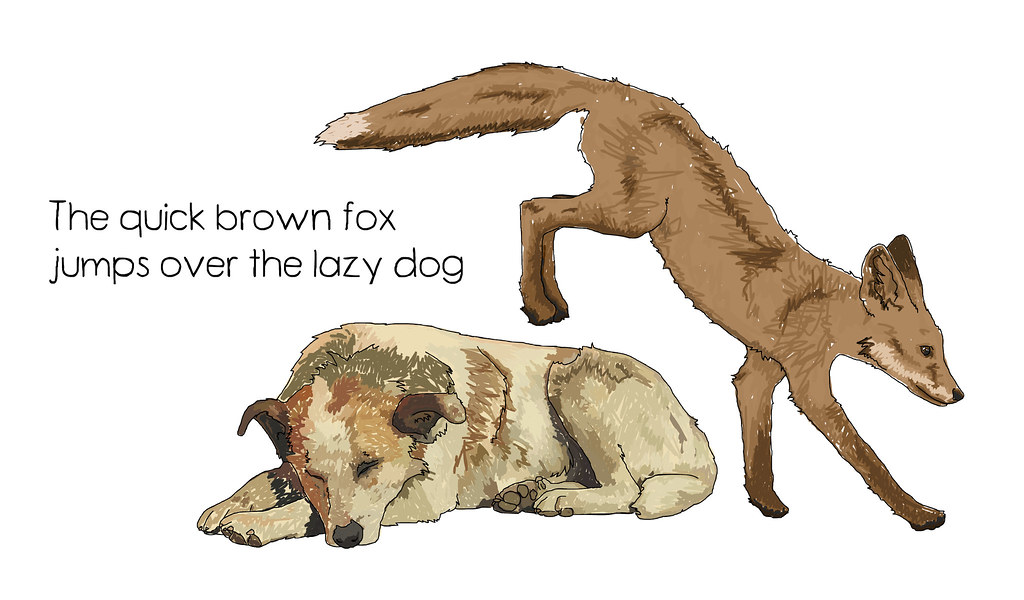 |
The Air You Breathe by Frances de Pontes Peebles
represented by Dorian Karchmar |
Note: You’re
invited to an online How to Get
Published workshop, with a literary agent as the guest
speaker. Check it out here.
For details of all upcoming one-day workshops, weekly
classes, and weekend retreats, see here.
Also, if
you’re not yet on my newsletter list, send me an email, including your locale
to: brianhenry@sympatico.ca ~Brian
Dorian
Karchmar is
a literary agent with William
Morris Endeavor, the world’s longest running (and one of the world’s
most important) talent and literary agencies. WME has represented everyone from Charlie Chaplin and Marilyn Monroe to Ben Affleck and Hugh Jackman. Its literary side is also hugely impressive, including Alice Munro, Jhumpa Lahiri, Meg Wolitzer, Mohsin Hamid, and many leading voices in fiction and nonfiction.
Dorian has been a literary
agent for two decades, with the last
13 years spent at WME, where she represents bestselling and
award winning literary and quality mainstream fiction and narrative nonfiction. Prior to becoming an agent, she received
her MFA in creative nonfiction from the University of Iowa.
Among others,
Dorian represents
- Amor
Towles, author of A Gentleman in Moscow, which has spent more than a year on the NYT
Hardcover bestseller list, and the breakout debut, Rules
of Civility
- Cathy
Marie Buchanan author of The
Painted Girls
- Daniel James Brown, author
of the #1 New York Times bestseller The Boys in the
Boat
- Helene Cooper, Pulitzer Prize winning New
York Times White House correspondent and author of the
memoir The
House at Sugar Beach, and Madame
President, a biography of Ellen Johnson Sirleaf
- The
late Paul Kalanithi, neurosurgeon and author of the worldwide bestseller When Breath Becomes Air
Dorian agreed
to be interviewed by Quick Brown Fox…
 |
| Dorian |
Quick Brown Fox: Do you have suggestions
about getting a manuscript in shape prior to submitting?
Dorian: This is actually the number one thing I tell
aspiring authors: DO NOT RUSH. The single biggest mistake one can make is
to go out with work before it’s ready. Ignore the pressure that can come from
watching what your fellow MFA students, workshop members, and/or friends are
and aren’t doing, and reach out to agents only after you have taken your novel
or book proposal absolutely as far as you can.
This means drafting and
redrafting; work-shopping with trusted readers (not your friends and relatives –
they will not tell you the truth – but ideally another writer or two with whom
you have developed a relationship based upon your ability to read and critique
one another’s work honestly and constructively; and revising some more).
One of the hardest parts
of the entire process of becoming a published author is having the necessary
patience and humbleness required to get the manuscript to where it needs to be
before jumping into the agent-hunt. In the end, almost nothing matters
other than the quality of the manuscript.
QBF: What sort of books are
you especially looking for?
Dorian: For fiction, I’d like
to find a story I haven’t read before: a premise that’s deeply compelling and
fresh; an unlikely setting or unexpected collision of characters; a mature,
assured voice, and commitment to storytelling. I’d love to find a
literary suspense writer who is as interested in character and psychology as
s/he is in plot – a a la Kate Atkinson or Tana French. And/or someone who
pushes genre boundaries with upmarket flair, like Emily St. John Mandel’s Station Eleven.
I also love historical
fiction that fully immerses me and teaches me about another time and place:
Paulette Jiles’ utterly beguiling News
of the World has stayed with me for its emotionality – which is as
deeply retrained as it is moving; Mary Swan’s masterful, haunting,
kaleidoscopic Boys in the Trees;
Cathy Marie Buchanan’s dark, unsentimental, immersive The
Painted Girls.
In nonfiction, I’m always on the lookout for
narratives – memoir, narrative history, narrative journalism – that spins a
great yarn while teaching me something I didn’t even know I wanted to know: I
loved David Grann’s recent Killer of
the Flower Moon, which reads like a murder mystery while unfolding
fascinating history of the Osage tribe, the early days of the FBI, and the
waning days of the Wild West; neurologist Jill Bolte Taylor’s decade-old (at
least) “brain memoir” My Stroke of
Insight; and my own late client, Dr. Paul Kalanithi’s When Breath Becomes Air, a chronicle of his
own untimely death that understands that all deaths feel untimely, and in which
he excavates this universal experience using all of his own prodigious gifts—as
a philosopher, neurosurgeon, historian, reader, husband, son, brother, father,
and alchemist of language.
QBF: Is there anything you
see too much of or is overdone these days?
Dorian: Specifically speaking, some agents and
editors say domestic suspense is being over-published – the trend that started
with Gone Girl, and currently
continues with The Woman in the Window –
but yet we can’t ignore that readers still have a massive appetite for it.
More abstractly speaking,
I see way too many books written by people who have not figured out their
book’s narrative arc, how to use story to reveal deep-character, and/or how to
keep narrative tension alive. Doesn’t matter if it’s fiction or nonfiction,
if a book doesn’t have tension in its pages, it will not find its
readers.
QBF: What’s your process
when considering a project?
Dorian: It’s often a bit
visceral, my process. Usually, I just jump in and start reading the
pages; if I snap at my assistant for interrupting me, that’s a great sign
(though a bummer for my assistant).
After I’m “in,” so to
speak—that is, the material has me in its thrall—I will step back a bit
mentally as I read in order to think about how I’d position the project (what’s
my pitch? with which other books/authors does this one share an audience?
Who are the ideal imprints/editors for it?).
If I fail to be able to
step back mentally, because every time I start reading all I can do is fall
headfirst back into the material, then I’m a goner. In a good way.
And I know I will figure out all of the “agent-y” stuff later and will do
whatever it takes to work with the author.
I like to speak with the
author – face-to-face if possible – and discuss editorial thoughts, what they
see for themselves and in their professional and creative future, and generally
make sure we are on the same page as far as our commitment to the work
goes. I want to know that the writer has as much gas left in his/her tank
as I have in mine, since we almost always do a good deal of editorial and
development work prior to putting the project out into the marketplace.
I also want to feel confident about our
ability to communicate effectively to one another. In the longer run, so
much will depend on mutual trust and effective communication skills, so it’s
important to make sure the chemistry is there.
QBF: What grabs attention in
a query letter?
Dorian: I want to see that the author has
specific reasons for reaching out to me, and that s/he understands where their
project might fit on a shelf – with which authors and other trade books will
their book be in conversation? I’m looking to see that a given writer
takes both themselves and me seriously as professionals. I live at the
intersection of art and commerce, and I want to see that a writer understands
that and can navigate that space effectively.
It’s a plus if the
writer has won awards and/or fellowships, graduated from a good MFA program,
placed material in strong literary or mainstream magazines. That said, I
have pursued and/or worked with debut novelists who have come out of the blue
with very little other than a great query letter and a manuscript whose
description sounds irresistible.
QBF: How do you decide if a
manuscript is worth considering?
Dorian: A great query letter will get me to
request the manuscript. Sometimes my trusted assistant looks at the
material first and lets me know if it’s something I should consider. I
start reading and hope that I won’t want to stop.
QBF: What grabs you about a
manuscript?
Dorian: Fantastic writing.
QBF: What do you look for in
a client besides a great book?
Dorian: Depends in part what kind of
writer/project we’re talking about. For any writer, it’s a plus to be
articulate and charismatic – this doesn’t have to mean super-extroverted, just
that the writer has a way of speaking that makes others want to listen.
It’s great if a fiction writer is social-media
savvy, but especially helpful if they are already ensconced in a literary
circle – they keep in touch with fellow MFA graduates and profs, contribute to
lit mags, and cultivate relationships with other writers, booksellers, etc.
I think it’s become more
important than ever for writers – fiction and nonfiction – to seize the mantle
of the public figure, and contribute her/his voice to community of writers with
whom they want to be aligned, and to a larger cultural conversation. This
is true for journalists, memoirists, historians, literary fiction writers and
commercial fiction writers. I love to work with writers who are already
engaging.
QBF: How do you work with
authors?
Dorian: I am very hands-on.
The author and I ping-pong on revision for however long it takes to get the
project bulletproof; some of this is via email and scans of the work in
progress, and some of it is via phone calls where we talk about the book in
both micro and macro ways.
I want my clients to be
as fully informed and knowledgeable about the business-side of the process as
they wish to be, so I generally spend a good amount of time answering questions
and explaining, educating writers so that they can be real partners in the
decision-making.
I remain hands-on after
we sell the book. Making the sale marks the end of one phase of the
process and the beginning of the next: the process of publication.
Then there is the bigger
picture of envisioning how a particular career might ideally unfold and helping
steer the career in a fruitful long-term direction. Because things rarely
go exactly as planned (or desired) it’s not uncommon over the course of a
career to also advise/strategize on reinvention.
QBF: What writing advice do you give your clients?
Dorian: I believe in having a sense, however
loose, of where a book is going to go (narratively and thematically) before
diving in too deeply. That said, most of my clients have their own
methods and processes and I try only to offer my advice if it’s asked
for.
QBF: What would you like
writers to know about the publishing industry and about agents?
Dorian: The industry is a
business – a frequently creative and meaningful one, but a business nonetheless
– and it is important for writers to understand that the process of becoming an
author is a process of becoming a professional. That means:
-
do
your homework and don’t just scattershot queries to agents;
- - be
humble before the work of writing an excellent novel/proposal and don’t try to
get an agent until the material is absolutely as strong and fully itself as you
can make it; agents get tons of flip or wacky query letters, and we toss them
all;
- - be
prepared to revise and revise and revise before your agent sends out your
project (the fact that your agent is willing to put in their time editorially
is a great sign: the agent should never care more than you about the quality of
your material);
- - be
prepared to revise and revise and revise after your book sells and before it
gets published; be obsessively interested in your own book – you’ll be working
on it for a long time;
-
enjoy
every drop of the process that you can, and appreciate every single reader (who
isn’t related to you) who comes to your book: this is an incredibly hard
business, and most books don’t sell a lot of copies or get the number of
reviews that we wish; it is so important to savor all the good and, of course,
to love the process of writing itself (even if you kind of hate it at the same
time).
-
Don’t
define success solely according to the size of your advance or the number of
copies your book sells. It takes a weirdly big village to publish a book:
take the time to get to know your team – publicists, marketers, booksellers,
etc. – and write them personal notes of thanks. Everyone wants to be
seen, and most of us will go to the ends of the earth for writers we admire who
have gone out of their way to acknowledge our contribution to the process.
-
Cultivate
gratitude.
QBF: Any final advice?
Dorian: Keep writing. Keep reading, and
learn from writers whose work you love. Work hard. Figure out where
your works fits on a shelf filled with other contemporary writers. Don’t
try to get an agent just because your friend (frienemy?) got one. Getting
an agent is the last step in a long process, not the first. Keep
writing.
Query only (no manuscript pages or attachments unless requested).
Read interviews with other literary agents
here (and scroll down).
If you’re interested in and finding an agent or publisher
(someday soon or down the road), check out upcoming How to Get
Published workshops. See here (and scroll down).
If you’re interested in Kid Lit, check out upcoming Writing for Children and for Young Adults mini-conferences, workshops, and weekly classes here (and scroll down).
For a weekly
writing classes, from introductory to intensive and including Writing Personal Stories and Writing Kid Lit, see here (and scroll down).
If you'd like to get away for a weekend to recharge your creative batteries, pick up great writing tips, and get a lot of writing done in idyllic surroundings, check out the details of upcoming writing retreats,
here (and scroll down.)
Read reviews of Brian’s courses and workshops here.
See
Brian’s complete current schedule here, including writing workshops, weekly writing classes, and weekend
retreats in Algonquin Park, Bolton, Barrie, Brampton, Burlington, Caledon,
Georgetown, Guelph, Hamilton, Ingersoll, Kingston, Kitchener, London, Midland,
Mississauga, Oakville, Ottawa, Peterborough, St. Catharines, Saint John, NB,
Sudbury, Thessalon, Toronto, Windsor, Woodstock, Halton, Kitchener-Waterloo,
Muskoka, Peel, Simcoe, York Region, the GTA, Ontario and beyond.
Navigation
tips: Always check out the labels
underneath a post; they’ll lead you to various distinct collections of
postings. Also, if you're searching for a literary agent who represents a
particular type of book, check out this post.















